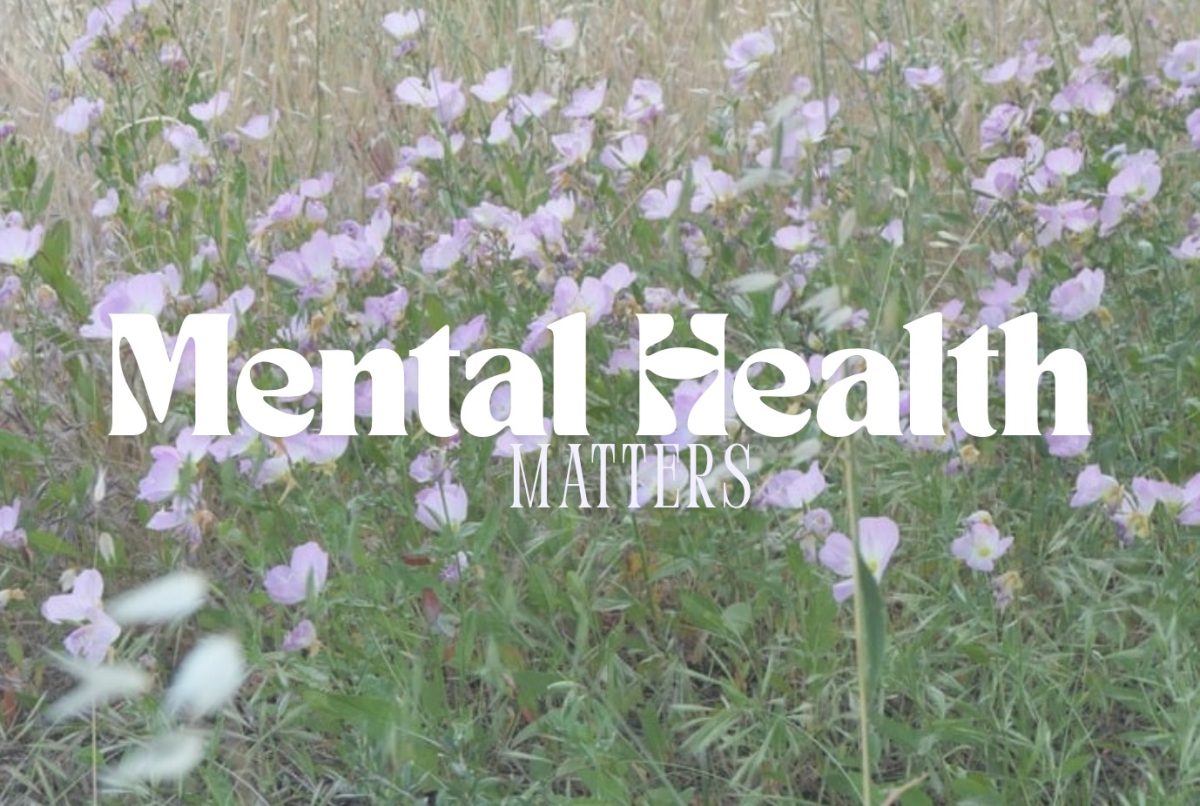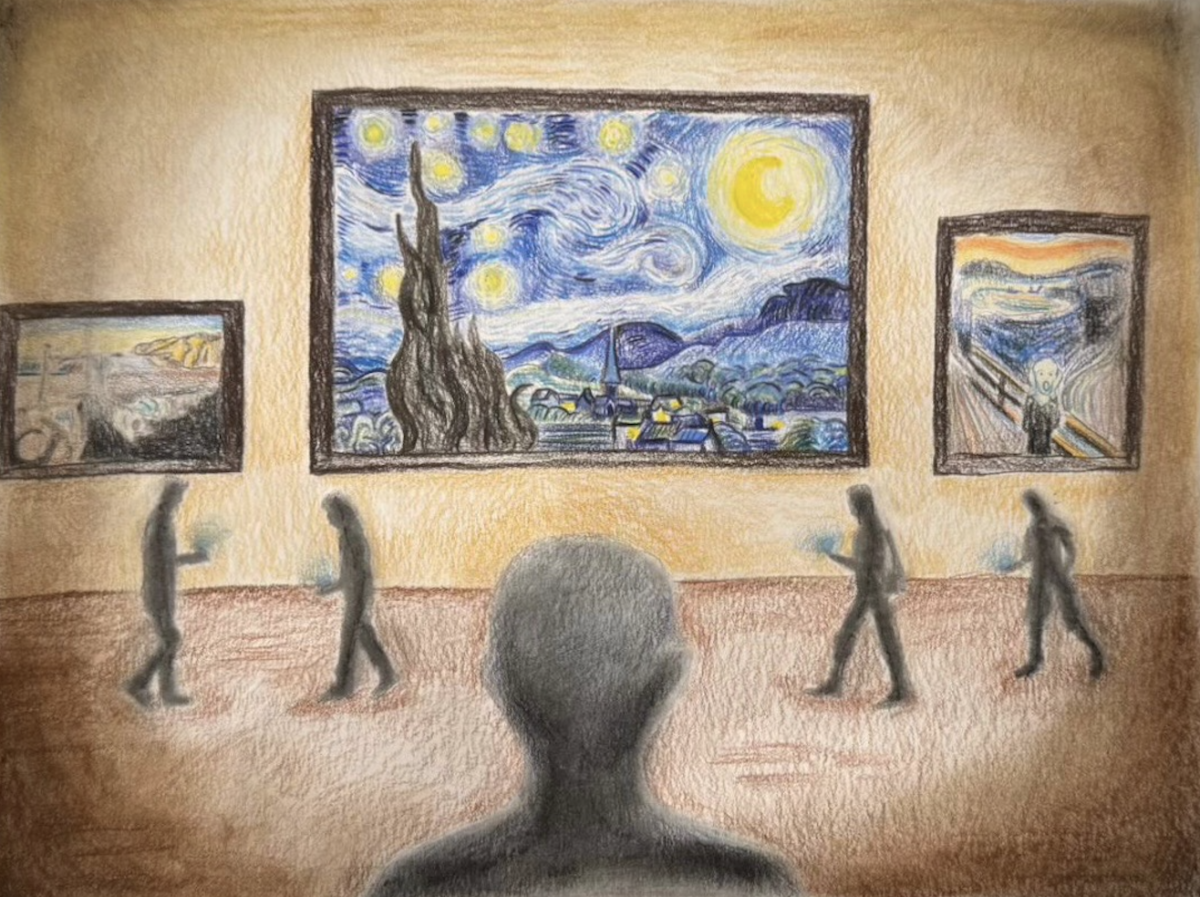Everyone knows that junior year (or eleventh grade, call it what you want) is the worst of them all. The Scholastic Aptitude Test, Advanced Placement classes, getting a job — it appears that fate has stacked up all of the worst parts of high school into this one year. Even in the minds of the freshmen and sophomores, junior year has become an inevitable obstacle that we students must brave.
I, however, thought I was immune to the junior year curse. Somehow, my subpar sophomore year had given me the illusion of a safety net, and I strolled into what would later become the most difficult year of my life, blissfully unaware.
The year really did creep up on me, too. It began smoothly, but as soon as the extracurricular activities I’d naively signed up for in August began to pick up, I found myself in a state of complete disarray. I had Zoom meetings with a variety of student-run nonprofits every week, outreach to do, posters to design. I was doing so much — and I truly enjoyed the rush of doing it all — but I wasn’t taking my own limits into consideration.
As December drew nearer, I became discombobulated, for lack of a better term. With multiple difficult finals on top of time-intensive extracurricular activities, my schedule had very little wiggle room. I had been sprinting the entire year, and, come winter, the hurdles had somehow grown taller.
One day, in early December, I realized that I’d had enough.
I talked to my parents, and they decided I could take a day off of school, pre-finals week, to improve my mental health and allow myself what they called “well-deserved rest.” This day off was magical. I slept past my usual 6 a.m. alarm, let my hair go wild and tore through a short thriller novel. I also got ahead on all of my work; study guides were completed, and I probably churned out two or three articles just that afternoon.
Even still, the following finals week was nowhere near perfect, but it was better than it would have been had I not taken a day for myself. That mental health days can recharge a brain and make it higher-functioning illustrates why these days are vital for all students. I’d go as far as to say that mental health days should be considered just as valid a reason to miss school as one of those classic, movie-like “sick days” when students wake up with a thermometer in their mouth and snot dripping from their noses.
I recognize that mental health days have long been stigmatized and denigrated by adults and public figures alike. They are chastised by the argument that they do not actually offer much relief to students and are merely excuses for students to get a day off from school. Yet, science proves the contrary.
Breeze, a website dedicated to providing workers with insurance and other necessities, stated that results from a 2022 survey showed that 78% of working adults found that having mental health days — even just taking a single day off — subsequently improved their job performance. The statistics prove that it’s much the same for students; a 2020 poll showed that 78% of students surveyed believed schools should support student mental health days.
We live in Palo Alto. We are lucky enough to go to some of the best public high schools in the state — the country, too — but with that title comes extreme rigor and intensity. Local administrations do incredible jobs at supporting us, yet it is still necessary that students recognize when they need a break.
Mental health is health; in fact, the brain is arguably the most integral part of the human body to protect. If our cognitive function goes downhill, everything else that we do will decline simultaneously. In an area where expectations are quite high, it’s not unreasonable that students are going to need a couple of catch-up days every once and a while.
The facts make it clear: A majority of students and their parents believe that mental health days are necessary. So, let’s de-stigmatize them.
As next year’s wave of juniors begin that treacherous year, I encourage you to pause and truly consider when too much actually becomes too much. In a busy, tumultuous year, it’s invariably important to take some (at least a little) time for oneself. To all students, I encourage you all to recognize when you’ve pushed yourself past a certain boundary and need a break. We students are not limitless, especially in the wake of sky-high expectations that are seemingly impossible to meet. For students to survive, and not simply thrive, society must treat mental health days with the respect and seriousness they deserve.









